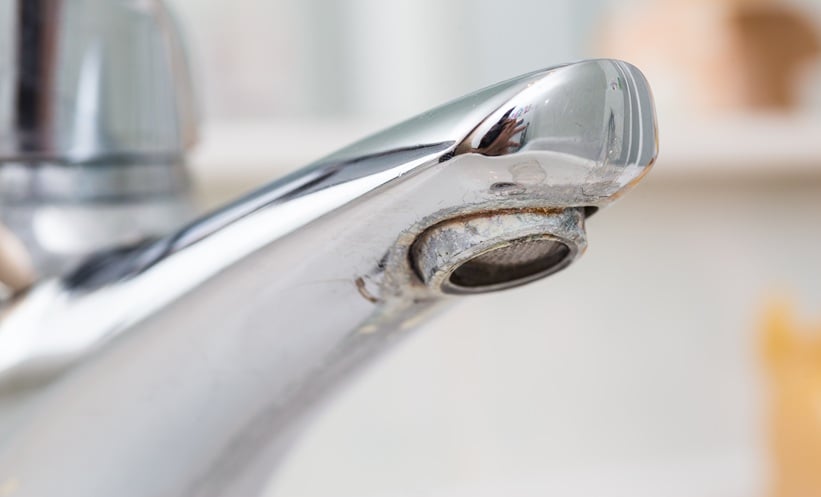A LARGE UK Biobank study has found that exposure to hard water is associated with reduced prevalence of Crohn’s disease and ulcerative colitis, and a decreased incidence of Crohn’s disease over long-term follow-up.
Hard Water and IBD
Inflammatory bowel disease (IBD), encompassing Crohn’s disease and ulcerative colitis, is influenced by both genetic predisposition and environmental factors. Drinking water composition has been suggested as one potential risk modifier; however, this remained an underexplored area. This new analysis aimed to clarify the relationship by leveraging the extensive dataset of the UK Biobank, one of the largest population-based health resources worldwide.
Study Design and Water Exposure Analysis
Researchers conducted a cross-sectional and prospective cohort study including 481,468 adults. Logistic regression models examined the association between hard water exposure and IBD prevalence at baseline, while Cox regression models assessed incident disease risk during a mean follow-up of 14.6 years. Water hardness was categorised into exposure levels, with analyses adjusted for demographic, lifestyle, and genetic factors. Importantly, a subgroup analysis explored whether genetic risk modified the association.
Key Results Show Protective Association
Higher exposure to hard water was linked to lower prevalence of Crohn’s disease (OR: 0.88; 95% CI: 0.79–0.99) and ulcerative colitis (OR: 0.83; 95% CI: 0.77–0.89). During follow-up, hard water exposure significantly reduced the risk of developing Crohn’s disease (HR: 0.84; 95% CI: 0.73–0.97), but no protective effect was observed for ulcerative colitis incidence. Notably, individuals with low genetic risk for Crohn’s disease experienced a stronger protective effect from very hard water exposure (HR: 0.74; 95% CI: 0.57–0.95), suggesting a gene–environment interaction.
Conclusion
These findings suggest that hard water exposure may have a protective role in Crohn’s disease prevention, particularly among individuals at lower genetic risk. Further mechanistic studies are needed to understand how water composition interacts with host susceptibility in IBD pathogenesis.
Reference
Ye K et al. A study of the protective association of hard water on ulcerative colitis and Crohn’s disease: a cross-sectional and cohort study of 481,468 participants in the UK Biobank. BMC Gastroenterol. 2025;25:666.








